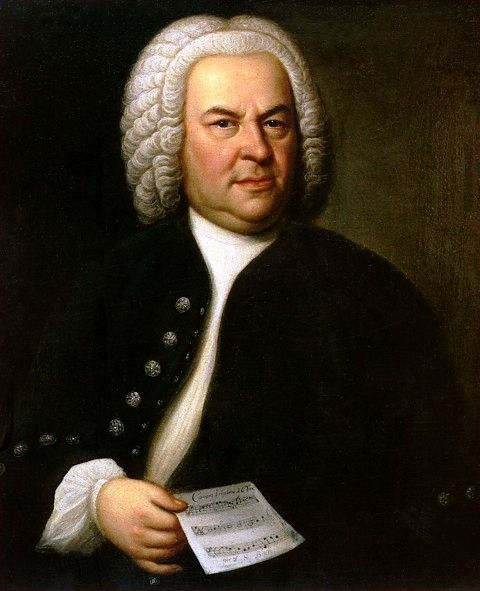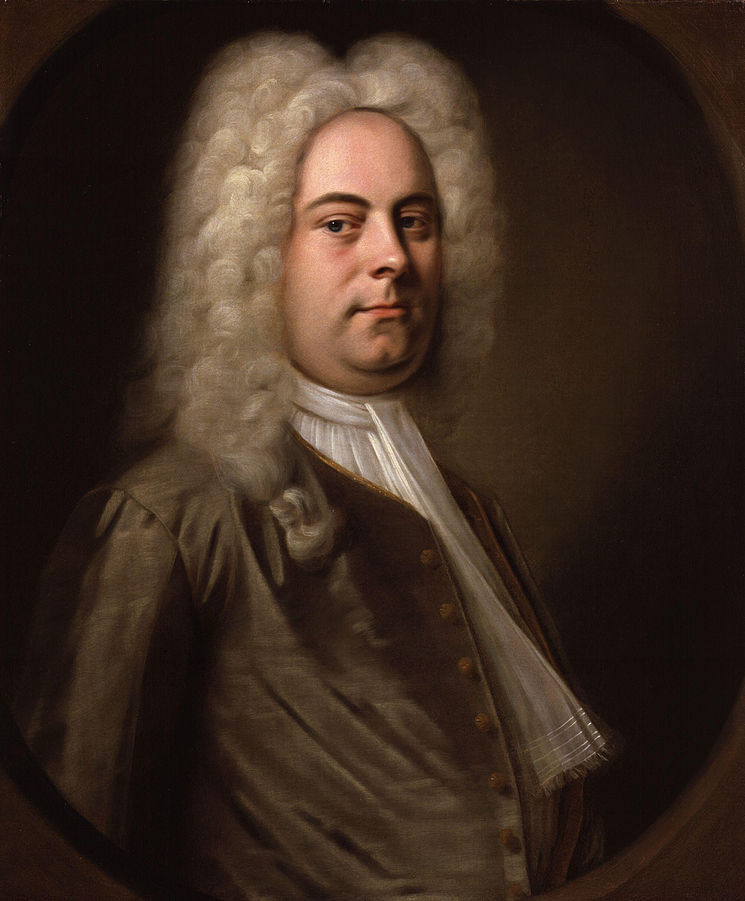Believing Thomas
- sfcsa4242
- Mar 23, 2023
- 4 min read
musings on the church calendar from one who seldom doubts

A threesome of Christian musicians are remembered on July 28th: Johann Sebastian Bach, George Frederick Handel and Heinrich Schuetz (or Schutz), even though the latter two, if not linked to Bach, would have been remembered on different dates than the one which pertains to Bach. That most distinguished composer of religious music (as well as a large amount of secular music) came from a recognized family of musicians. He was born March 21 (or 31, depending on the calendar in use at the time), 1685 in Eisenach, Thuringia, Germany. His father, Johann Ambrosius Bach, was the leader of the musicians in the community and several of his uncles were musicians also.
His father probably taught young Johann S. to play the violin and harpsichord. His brother, Johann Christoph, also a musician, taught him to play the clavichord and introduced young Johann S. to then current music. He is thought to have learned much music theory from his father and was first taught to play the organ by his uncle, an older Johann Christoph Bach. While a student at Luneburg the young prodigy also was taught the organ by Georg Bohm, the organist at St. John’s Church, who, no doubt allowed him to play the famous organ there. Graduating after two years of attending St. Michael’s School in Luneburg, young Johann embarked on his musical career, attaining several posts of importance. Not long after he married his cousin, Maria Barbara Bach in 1708, he was made court organist for the Duke of Weimar. There he composed many favorite works for the organ. In 1717 he achieved the position of Kapellmeister for Prince Leopold of Coethen. A year after the death in 1720 of his wife Maria Barbara, Johann S. married Anna Magdalena Wuelcken. He then composed a group of some of his more well-known pieces for his second wife. Johann had 20 children. Nine of them survived him, while four of them became composers of note.
From 1723 until 1750 the J. S. Bach family resided at Leipzig and the maestro taught students, conducted orchestral works, sang and played often and composed an incredible amount of. original music. (As a personal note, I remember often the beautiful interplay of counter melodies in my favorite of his chorales, Jesu, Joy of Man’s Desiring.)
One source notes that Bach was not only a prolific composer, he was also a great Christian. He arranged hymn tunes in a way to become cantatas with elaborate presentations of the first stanzas to be sung by the choir and with the last stanza in simple four part harmony to be sung by the congregation and the choir. Some 200 of such cantatas were produced by him, enough for two services each Sunday based upon the scriptural readings in the liturgy of the Lutheran Church year.
Because of the incredible wealth of both sacred and secular music his fertile mind produced and the limitations of space, it is impossible to offer more here except to note that this great genius was stilled when he died July 28, 1750 and is remembered each July 28th by our Episcopal Church and the Lutherans.

George Fredrick Handel was born in Halle, Duchy of Magdeburg the same year as J. S. Bach, but earlier on February 23, (or March 5, depending on which calendar was officially in use). His father, Georg Handel, a well-known barber surgeon, had intended that his son would study civil law. However, the young man secretly interested in a musical career, discovered a way to hide a clavichord he had obtained in a room at the top of their home unknown to his father. There he commenced the mastery of music which would become his forte in life after his family had retired for the evenings. Early in his life he mastered the harpsichord, the violin and the organ.
In 1703 he became a violinist and harpsichordist with the Hamburg Opera. Two operas he had composed were introduced there. In 1706 he relocated to Italy and he had by 1708 composed two more operas. In 1710 he moved to London and began composing religious works such as oratorios performed by soloists and a chorus. In 1726 Handel became a British citizen. The work which became his masterpiece, The Messiah was originally performed in Dublin in 1741. It became a favorite of both Christians and non-Christians, usually performed at Christmas as well as Easter. This gifted person, one of our greatest Christian composers died April 14, 1759.
![Heinrich Schuetz, Attribution to Christoph Spätner [Public domain], via Wikimedia Commons](https://static.wixstatic.com/media/40881e_af7fad88e70549f3b1a28d679e74cb6d~mv2.jpg/v1/fill/w_604,h_900,al_c,q_85,enc_avif,quality_auto/40881e_af7fad88e70549f3b1a28d679e74cb6d~mv2.jpg)
The third of this triumvirate of talent, Heinrich Schuetz, born in Saxony earlier than the other two in 1585, was the music conductor at Dresden for the majority of his life. He is noted for his composition of choral pieces based on Scriptural passages and for the use in his works of styles after the fashion of the Italian maestro Montiverdi, though retaining a definitive German flavor. Schuetz died November 6, 1672. +
(c) 2016 Thomas H. Peterson












Comments